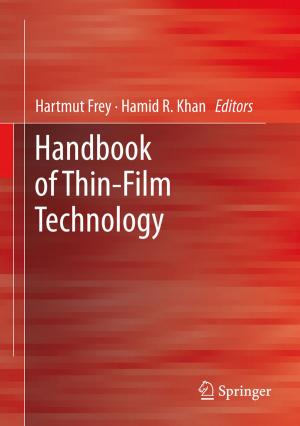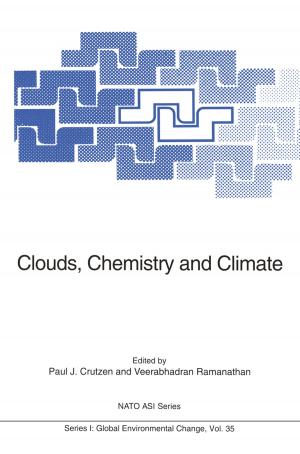Reducing Drug Attrition
Nonfiction, Science & Nature, Science, Chemistry, Clinical, Health & Well Being, Medical, Medical Science, Pharmacology| Author: | ISBN: | 9783662439142 | |
| Publisher: | Springer Berlin Heidelberg | Publication: | November 27, 2014 |
| Imprint: | Springer | Language: | English |
| Author: | |
| ISBN: | 9783662439142 |
| Publisher: | Springer Berlin Heidelberg |
| Publication: | November 27, 2014 |
| Imprint: | Springer |
| Language: | English |
Medicinal chemistry is both science and art. The science of medicinal chemistry offers mankind one of its best hopes for improving the quality of life. The art of medicinal chemistry continues to challenge its practitioners with the need for both intuition and experience to discover new drugs. Hence sharing the experience of drug research is uniquely beneficial to the field of medicinal chemistry. Drug research requires interdisciplinary team-work at the interface between chemistry, biology and medicine. Therefore, the topic-related series Topics in Medicinal Chemistry covers all relevant aspects of drug research, e.g. pathobiochemistry of diseases, identification and validation of (emerging) drug targets, structural biology, drugability of targets, drug design approaches, chemogenomics, synthetic chemistry including combinatorial methods, bioorganic chemistry, natural compounds, high-throughput screening, pharmacological in vitro and in vivo investigations, drug-receptor interactions on the molecular level, structure-activity relationships, drug absorption, distribution, metabolism, elimination, toxicology and pharmacogenomics. In general, special volumes are edited by well known guest editors.
Medicinal chemistry is both science and art. The science of medicinal chemistry offers mankind one of its best hopes for improving the quality of life. The art of medicinal chemistry continues to challenge its practitioners with the need for both intuition and experience to discover new drugs. Hence sharing the experience of drug research is uniquely beneficial to the field of medicinal chemistry. Drug research requires interdisciplinary team-work at the interface between chemistry, biology and medicine. Therefore, the topic-related series Topics in Medicinal Chemistry covers all relevant aspects of drug research, e.g. pathobiochemistry of diseases, identification and validation of (emerging) drug targets, structural biology, drugability of targets, drug design approaches, chemogenomics, synthetic chemistry including combinatorial methods, bioorganic chemistry, natural compounds, high-throughput screening, pharmacological in vitro and in vivo investigations, drug-receptor interactions on the molecular level, structure-activity relationships, drug absorption, distribution, metabolism, elimination, toxicology and pharmacogenomics. In general, special volumes are edited by well known guest editors.















